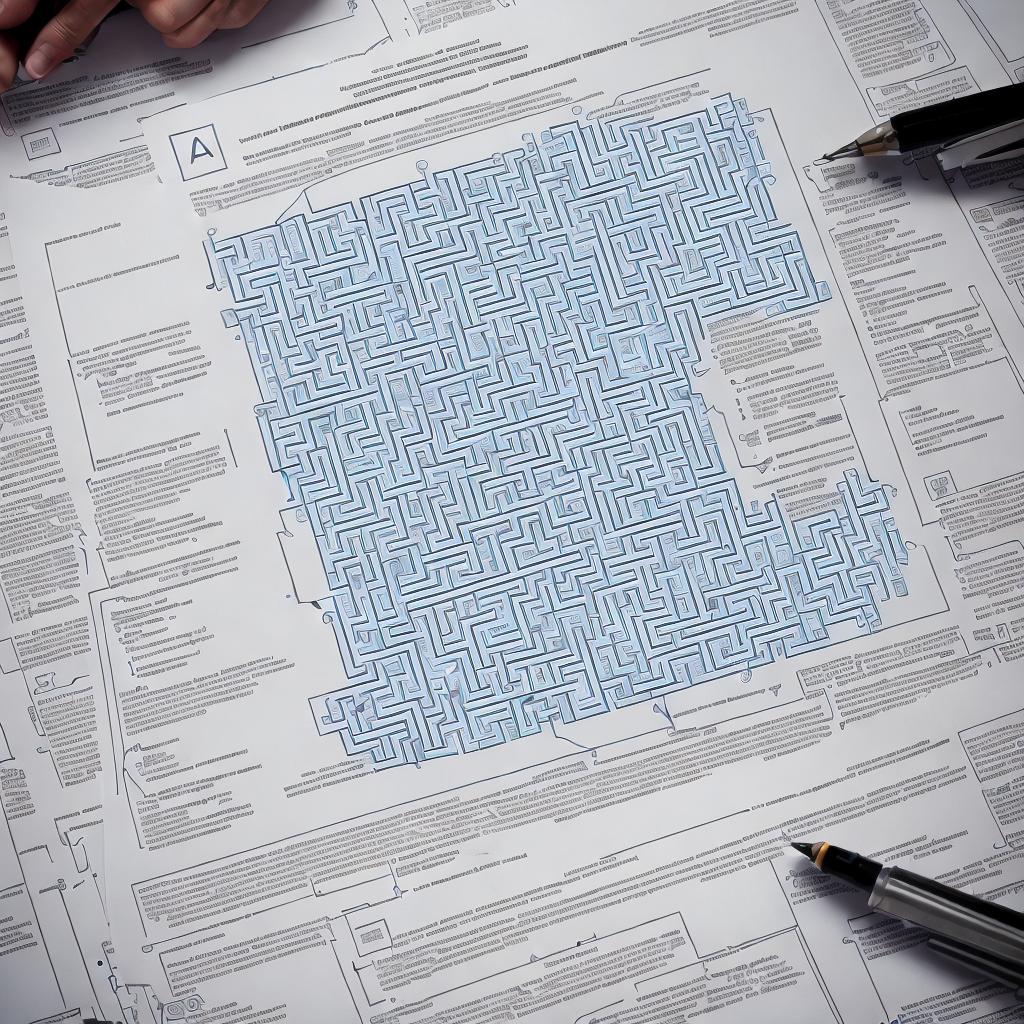Decoding Medicaid Application: A Comprehensive Guide

Are you ready to unravel the mysteries of the Medicaid application process? Look no further. This comprehensive guide will be your compass, navigating you through the eligibility requirements, document gathering, and application completion.
With a clear understanding of the verification process and expert tips for success, you’ll be on your way to accessing the healthcare coverage you need.
Get ready to decode the complexities and unlock the benefits of Medicaid.
Key Takeaways
- Eligibility requirements for Medicaid include U.S. citizenship or qualified immigrant status, a valid Social Security number, specific immigration status criteria, and meeting financial criteria based on income.
- Necessary documents for Medicaid application include proof of identity, documentation of income, proof of U.S. citizenship or immigration status, proof of residency, and birth certificates and social security numbers for dependent children.
- The application form for Medicaid requires personal details, household information, income details, and assets declaration. Accuracy and up-to-date information are crucial.
- The verification process for Medicaid involves confirming the information provided on the application and submitting requested documents for verification. Prompt and accurate response to document requests is important, and consistency between application information and provided documents is crucial.
Eligibility Requirements
To determine if you qualify for Medicaid, you must meet certain eligibility requirements. These requirements are set by the federal government, but each state has some flexibility in how they implement them.
The first requirement is that you must be a U.S. citizen or a qualified immigrant. This means that you must have a valid Social Security number and meet specific immigration status criteria.
Additionally, you must meet certain financial criteria to qualify for Medicaid. This includes having a low income, as Medicaid is designed to provide healthcare coverage for individuals and families with limited financial resources. The income limits vary by state and are based on the Federal Poverty Level (FPL). Some states have expanded Medicaid under the Affordable Care Act, which means that the income limits may be higher for individuals and families in those states.
Gathering Necessary Documents
Collect the essential documents needed for your Medicaid application. To ensure a smooth and efficient process, it’s crucial to gather all the necessary paperwork before starting your application. The required documents may vary depending on your state and individual circumstances, but here are some common items you’ll likely need.
First, you’ll need proof of identity, such as a valid driver’s license, passport, or state-issued ID card. Additionally, you’ll need to provide documentation of your income, including pay stubs, W-2 forms, or tax returns. If you’re self-employed, you may need to provide profit and loss statements or business tax returns.
Next, gather documents that verify your U.S. citizenship or immigration status. This can include a birth certificate, naturalization certificate, or immigration paperwork. If you’re applying on behalf of a child, you’ll also need to provide their birth certificate.
Furthermore, you may need to provide proof of residency, such as a utility bill or lease agreement. If you have any dependent children, you’ll need to gather their birth certificates and social security numbers.
Completing the Application Form
Start by filling out the Medicaid application form with accurate and up-to-date information. The application form is a crucial step in the process of obtaining Medicaid coverage. It requires you to provide detailed information about your personal and financial situation. To help you understand what information you need to provide, here is a breakdown of the sections in the Medicaid application form:
| Section | Description | Examples |
|---|---|---|
| Personal Details | Provide your name, contact information, date of birth, and Social Security Number. | John Doe, 123 Main Street, Anytown, USA, 01/01/1980, 123-45-6789 |
| Household | List all the people living in your household, including their relationship to you. | John Doe (self), Jane Doe (spouse), Mary Doe (child) |
| Income | Detail all sources of income for each member of your household. | John Doe – $2,000/month (job), Jane Doe – $500/month (alimony) |
| Assets | Declare any assets, such as property or savings, that you or your household members possess. | John Doe – $10,000 (savings account), Jane Doe – $50,000 (home) |
Understanding the Verification Process
Once you have completed the Medicaid application form, the next step is to understand the verification process to ensure your eligibility for Medicaid coverage. The verification process is an essential part of the application process, as it helps confirm the information provided on your application and ensures that only eligible individuals receive Medicaid benefits.
During the verification process, the Medicaid agency will request various documents from you to verify the information you provided on your application. These documents may include proof of income, such as pay stubs or tax returns, proof of residency, such as utility bills or lease agreements, and proof of identity, such as a driver’s license or passport.
It is important to respond to any requests for documentation promptly and accurately. Failure to provide the requested documents within the specified timeframe may result in a delay or denial of your Medicaid application.
Additionally, it’s crucial to ensure that the information on the documents you provide matches the information on your application. Any discrepancies or inconsistencies may raise red flags and could potentially impact your eligibility for Medicaid coverage.
Understanding the verification process and being prepared with the necessary documents can greatly increase your chances of a successful Medicaid application. In the next section, we’ll provide you with tips to help ensure a successful application process.
Tips for a Successful Application
To increase your chances of a successful Medicaid application, it’s crucial to be well-prepared and have a clear understanding of the application process. Here are some tips to help you navigate the application smoothly and efficiently.
Firstly, gather all the necessary documents and information before starting the application. This includes proof of identity, proof of income, and documentation of any assets you may have. Having these ready will save you time and prevent delays in the application process.
Secondly, carefully review the eligibility requirements for Medicaid in your state. Each state has different guidelines, so it’s important to understand what criteria you need to meet. Make sure you meet the income and asset limits, and provide accurate information on your application.
Thirdly, be thorough and accurate when filling out the application. Double-check all the information you provide to avoid any errors or inconsistencies. Any mistakes can lead to delays or even denials of your application.
Furthermore, consider seeking assistance from a Medicaid enrollment specialist or a social worker who can guide you through the application process. These professionals can provide valuable advice and ensure that you submit a complete and accurate application.
Lastly, submit your application as soon as possible. Medicaid applications are processed on a first-come, first-served basis, so the sooner you apply, the better your chances of receiving benefits in a timely manner.
Frequently Asked Questions
Can I Apply for Medicaid if I Have Private Health Insurance Already?
Yes, you can apply for Medicaid even if you already have private health insurance. Medicaid eligibility is determined by your income and other factors, regardless of your existing coverage.
Are There Any Income Limits for Medicaid Eligibility?
You may be wondering about the income limits for Medicaid eligibility. Well, let me tell you that there are indeed income limits that determine if you qualify for Medicaid assistance.
What Happens if I Don’t Have All the Necessary Documents for My Medicaid Application?
If you don’t have all the necessary documents for your Medicaid application, it could delay the process. It’s important to gather all required paperwork to ensure a smooth application and avoid any potential complications.
How Long Does the Verification Process Usually Take?
The verification process for Medicaid applications typically takes several weeks. During this time, your documents will be reviewed for accuracy and eligibility. It is important to provide all necessary information to avoid delays.
Can I Apply for Medicaid on Behalf of a Family Member Who Is Unable to Apply Themselves?
Yes, you can apply for Medicaid on behalf of a family member who is unable to apply themselves. It is important to gather their necessary information and documentation to complete the application accurately.



